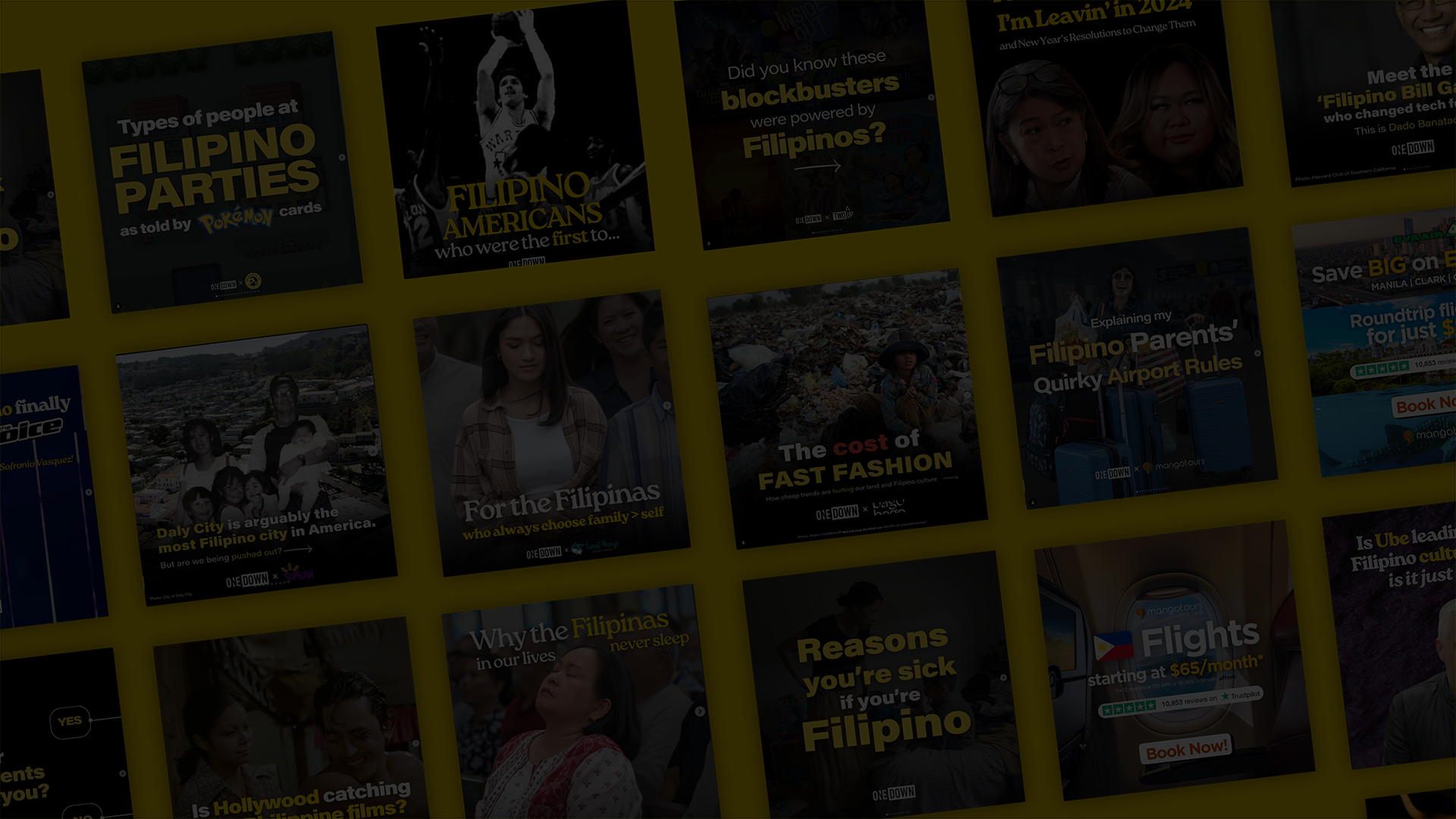
ARTICLES
Larry Itliong: The Filipino who Challenged and Changed the American System
Let’s face it- Filipino culture and history is often forgotten and erased especially in the US where our people’s contributions are never really taught at lectures or mentioned in books. Even in media and entertainment, it’s very rare to see ourselves being portrayed or at least playing a significant part. But through an important event like PCN, we are allowed to look back and celebrate 600 years of Philippine heritage, as we share them with different types of people. Pilipino Cultural Night is an annual tradition held at many colleges and high schools across America. This is the one time of the year that Filipino stories get to be told on Filipino terms.
What Defines a Filipino?
What defines a Filipino? Is it the way we look or certain skills that we’re supposed to have? Does it matter if we speak Tagalog? A majority of the world knows our community as just enthusiastically hospitable or being in the medical field and while those are accurate, it doesn’t stop there. Whether you’re a born and raised local or a proud immigrant, being a Filipino means more than just being able to sing or dance. Just like everyone else, Filipinos are limitless.
Can Filipinos Find Success in Video Games?
Here’s the tea: Because of a long and complicated history of colonization and first-hand experiences with marginalization, Filipino-Americans often go through an identity crisis of our own. We’re often mistaken as Hispanics while we also mistake Pacific Islanders as Filipinos too. A study even shows that 48% of Filipino-Americans choose to identify as Pacific Islander rather than Asain, when given the option. The reason? It’s simply because “we all look alike”. But while the Philippines is a collection of islands in the Pacific Ocean and how both communities originated from the same ancestors, this doesn’t mean that Filipinos should identify as Pacific Islanders.











